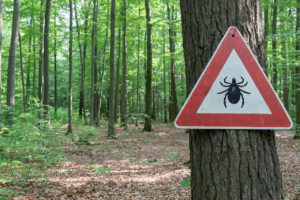Dryocosmus kuriphilus is a harmful gall wasp of sweet chestnut trees and was discovered for the first time in the UK in June 2015 in Kent. Native to China, since spreading into Japan, the Republic of Korea, Nepal, USA, and many countries in Europe, as of March 2020, it has been detected in over 140 locations in rural and urban areas in South-East England. Galls produced by the wasp impede shoot and flower development, which negatively impacts on the quality of coppiced timber, also reducing tree vigour by reducing leaf area, photosynthesis and tree biomass.
Defra are seeking your input on the proposed release of the non-native biological control agent, Torymus sinensis (parasitoid wasp), in England to suppress populations of D. kuriphilus. The department commissioned Fera Science Ltd through the Future Proofing Plant Health package to investigate the possibility of using T. sinensis as a biological control agent in England and a risk assessment was produced.
We encourage you to read the risk assessment, which sets out the impact of T. sinensis on native gall wasps and the potential benefits for sweet chestnut trees, and respond to Defra with your views and comments before authorisation is given to release T. sinensis into England to control D. kuriphilus.
Please share this page with anyone who may be interested in contributing.
The consultation is open until Monday 16 November 2020. To respond*, please email non-nativebiocontrol.licensing@defra.gov.uk or you can respond by post to Matthew Everatt, Plant Health Risk and Policy team, Department for Environment, Food and Rural Affairs, Room 02FA01/05, National Agri-Food Innovation Campus, Sand Hutton, YO41 1LZ.
*Note from Defra: if you do not wish your response, including your name, contact details and any other personal information, to be publicly available, please say so clearly in writing when you send your response to the consultation. Please note that if your computer automatically includes a confidentiality disclaimer, this will not count as a confidentiality request. Please explain why you need to keep details confidential. We will take your reasons into account if someone asks for this information under freedom of information legislation. However, we cannot promise that we will always be able to keep those details confidential.






